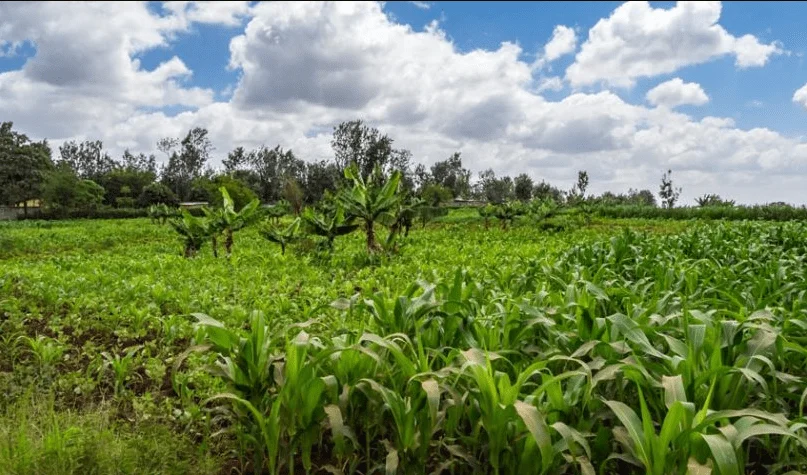Approximately 6,000 Kenyan farmers will get payments from the project before the end of the season for crops that have been negatively affected by climate change, according to the programme.

A collaboration between the decentralised protocol Etherisc and the microinsurance provider ACRE Africa has enabled thousands of farmers in Kenya to acquire coverage for weather-related risks as a result of the collaboration.
Etherisc and ACRE Africa announced that they had completed the processing of insurance reimbursements for some of the more than 17,000 smallholder farmers in Kenya who were protected by the partnership.
The project, which was first revealed in November of this year, was made possible in part by the Chainlink Community Grant, the Ethereum Foundation, and the Decentralized Insurance Foundation.
“We’re thrilled that after months of hard work on this initiative, we’re seeing the fruits of our labour — which has a tangible social impact on farmers in Kenya who are threatened by the devastating effects of climate change,”
Etherisc – chief inclusive officer Michiel Berende.“The solution that we built with our valued partners at ACRE Africa overcomes a number of challenges associated with traditional crop insurance — delayed payments, high premium costs, and lack of transparency.”
Kenya has been hit severely by both droughts and floods in the past, and as part of the effort, smallholder farmers are allegedly able to pay as little as $0.50 in premiums in order to acquire coverage for crops that are adversely affected by climate change.
Although Etherisc and ACRE Africa stated that they hoped to serve approximately 250,000 farmers in East Africa, some of those who have already received coverage have been compensated through the use of a blockchain-based end-to-end solution.
Etherisc stated that it had disbursed payments to farmers in need using the cash and mobile payment system M-Pesa, with approximately 6,000 farmers anticipated to be reimbursed for lost or damaged crops by the end of the season, according to the company.
Besides having a huge number of flower farms, Kenya is also known for its agricultural products such as sugarcane, sweet potatoes, maize, and other fruits and vegetables.
Numerous people have praised blockchain solutions for a variety of difficulties that African citizens face, including everything from assisting women in becoming financially independent to suggesting blockchain voting systems that would lower expenses while also providing more secure elections.
Zimbabwean farmers can track and trace livestock using a blockchain-based tracing tool, which is intended to make it easier to export meat and enhance revenues, according to the country’s government.
